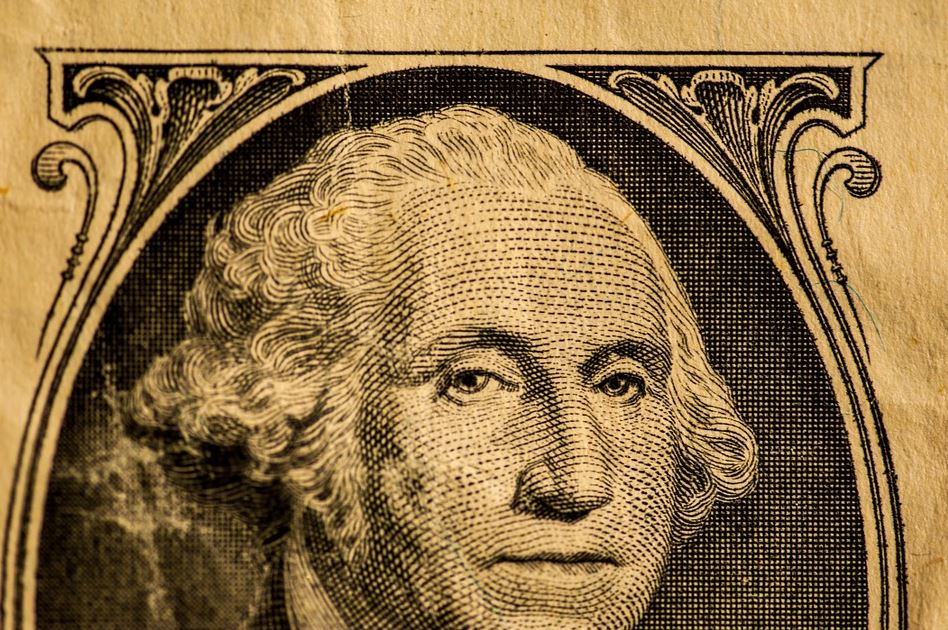In many ways, the development of the modern bureaucratic world we live in is the story of an ever increasing reliance on documentation.
From the symbolic power of the Magna Carta and the Bill of Rights right down to the mundane reality of monthly bills, a large part of our life story is told through the documents that relate to us.
You will not be able to claim on your car insurance if you are involved in an accident if you are not able to produce the right documentation. Likewise, you are unlikely to take a salesperson seriously unless they produce an authentic looking contract to finalise your transaction.
To be organised in today’s world is to be on top of the paper trial that you inevitably leave in your wake. There has been a lot of talk in the last decade about the trial that people unwittingly leave on the internet, but this shift of focus should not lead us to forget the importance of the documents that rule our life.
How Documents Rule Your Life
You may not have given it much thought before, but your entire life has probably been recorded in a vast forest of different documents. When you are born your parents must register for a birth certificate, you achievements in national exams are recorded, you must have a passport to leave and enter your country, a certificate to legitimate your marriage and when you die your loved ones will have to make it official by filling a death certificate.
In between these important checkpoints in each of our lives are likely to exist a multitude of smaller documents such as bank statements, phone bills, medical records, personal references, CVs and contracts of employment.
All of these documents validate you in some particular way and allow you to do or receive something with regards to the modern bureaucratic system in which we live. But, it can be difficult to keep track of which information is contained in which documents and subsequently it can be difficult to ensure that all that information is kept safe from people that might misuse it.
Having the information on important documents fall into the wrong hands can mean disaster, so what are the best ways to make sure you are keeping on top of things?
Keeping Track of Your Paper Trial
There are a number of different strategies that you can utilise to try and get organised when it comes to important documents.
Organising your physical documents
The first thing you are going to need to do is to organise the documents that you already have or want to keep receiving in a physical form (such as bills). It will be best to get yourself a filing cabinet or other easy to use storage device and something that will make your classification system easy (such as different coloured tags or post-it notes).
Firstly, you are going to need to gather together all of your documents. Locating them may in fact be the hardest part of this process because we all tend to scatter them around inadvertently. After you have found them you then need to start the arduous task of categorising them. You want to separate the documents into different catergories such as:
- On-going bills, bank statements, etc
- Home and property records such as mortgage and property deeds
- Personal records (birth/death certificates, passports, custody documents, etc)
- Health records
- Financial records
You may want to store the more important documents away in an extra-safe location.
Replacing documents that you do not have
If during this organisation process you should notice that you are missing any important documents that you think you should have, you are going to need to replace them. To do this you will need to contact the relevant authority in charge of issuing/regulating that particular document. It is likely that you will have to pay for your duplicate copy.
It may also be worth taking the time to duplicate everything that you carry around in your wallet 9aside from your bank card of course) and soring it away safely so that there is minimal disruption if you should happen to lose it.
Getting rid of paper copies
It is also possible to transfer many of your bills and regular statements online so that you no longer have to worry about keeping the documents safe yourself. You may or may not have the requisite level of trust to be happy with placing the care of your documents into the hands of multi-million dollar computer systems and cloud applications, but a lot of the time these organisations are going to have a lot more resources, time and man-hours to dedicate to protecting them then you will.
Protecting important documents in your home
Some people are happy enough with a locked file cabinet and the locks on their doors and windows to protect their documents in the event of a break in attempt. Others, however, may want to get themselves a fire-proof safe (maybe one that lives beneath the floorboards or behind a wardrobe), a stronger padlock or even a vast underground liar where documents can be stored and filed freely.
Making the effort to get organised and on top of your own individual paper trail is an important step that many people take far too long to get round to taking seriously. If you get yourself a system of organisation today, you can rest easy knowing that you have one of the most important parts of being a citizen in the modern world sorted.
Do you have any other essential tips for people that are looking to get on top of thier paper trials?
Featured images:
License: Creative Commons
James Duval is a freelance blogger who has long been fascinated by the footprints that people leave behind them on their path through life. He recommends Essentra Security.





